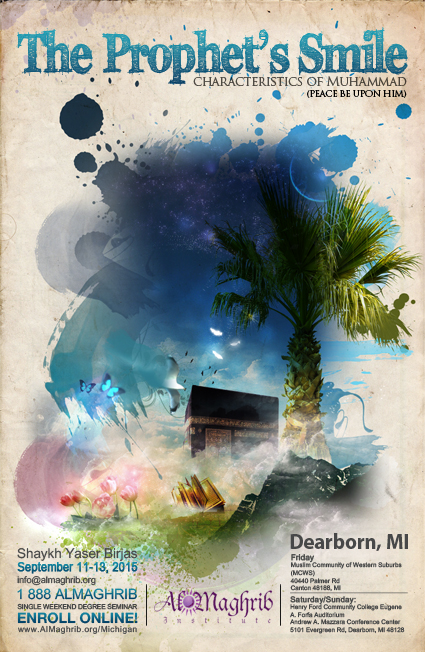The Milk Wars
By Sumayyah Meehan, MMNS Middle East Correspondent
Wars have been fought over everything from property to political ideologies and just about anything in between. However, a new kind of battle is pitting camel against camel to see just which “ship of the desert†can dole out the most milk at a given time. As part of the recent Al Dhafra Festival festivities, which is currently being held from December 11-25 in Abu Dhabi, camels from all across the Middle East have descended upon the miniscule Gulf nation to be judged on their lactose producing capabilities.
According to the rules of the competition, which was recently held under the auspices of Abu Dhabi’s Crown Prince Sheikh Mohammed bin Zayed Al Nahyan, each camel owner can only have one animal participate in each of the two categories. Only two breeds of purebred camels are allowed to participate in the competition. The two breeds are Asayel, which are camels with a light brown color, and Majahim, which includes camels with very dark coats.
The competition plays out over the course of two days. The camels are milked each morning, by hand, and the milk is collected and weighed. It takes several professional milking teams, in pairs of two, to tend to each camel to get the job done fast and with as little discomfort for the animal as possible. The owners of each camel keep an eagle eye on the milking process to ensure that not a single drop goes astray. The camels with the greatest amount of milk on the first morning are crowned finalists and are eligible to compete in the second phase of milking the next morning. The finalists are milked again and winners are declared based on the output of milk. This year the winner graced with the title of “milky camel†went to an Emirati-owned camel named Deri’a, whose milk output weighed in at a whopping 11.700 kilograms. The top ten winners share in a prize of 1 million dirhams.
Camel-rearing is big business in the Middle East with purebred varieties fetching hundreds, and sometimes millions, of dollars. Wealthy camel owners spare no expense when it comes to caring for their camels to ensure that they are fed the best fodder money can buy and are free from sickness or disease.
Desert Arabs in the Middle East have long believed in the miracle properties of camel milk. Camel milk is rich in proteins and carries antimicrobial properties that are not found in cow’s milk. For this reason, many Arabs credit camel milk as a cure-all for certain ailments and diseases. Recent scientific studies have proven that camel milk is beneficial to people suffering from Hepatitis B, HIV/Aids, Alzheimer’s disease and certain forms of cancer. Some parts of Europe have already begun to embrace camel milk as part of a healthy lifestyle. Camel milk enthusiasts predict that camel milk will be widely embraced in the West in the coming years.
12-51













2010
1,249 views
views
0
comments